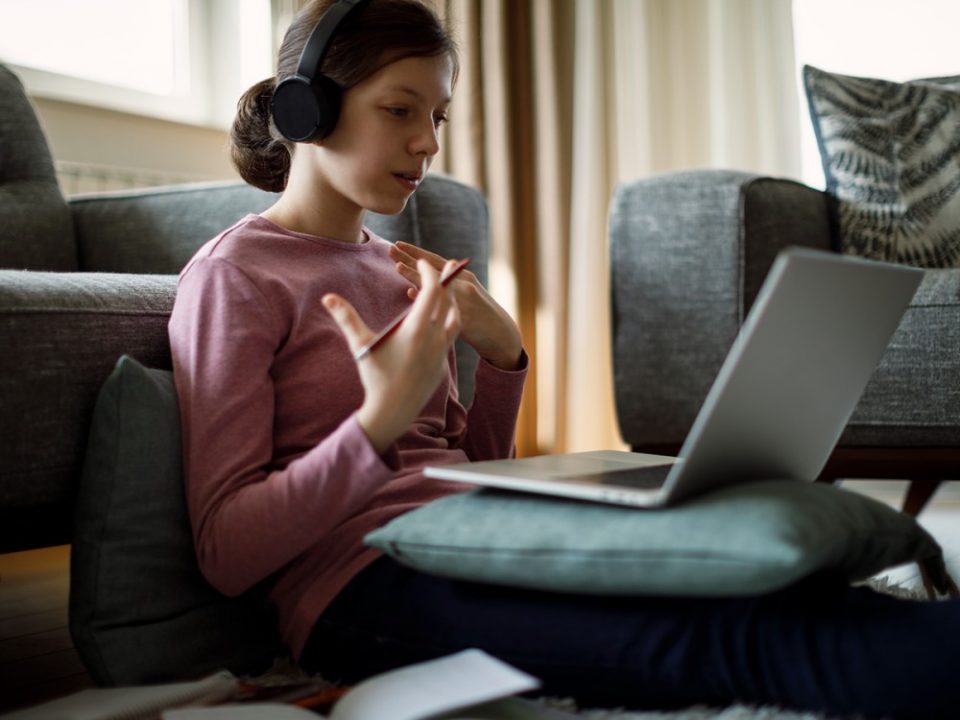“Humans are social beings and it is important for them to possess social and emotional skills to survive and thrive in their social settings.” – Garima Srivastava
It is important for Indonesia to focus on social and emotional learning (SEL). It can strengthen us as communities during uncertain times. Across Indonesia, thousands of schools have been closed since March 2020. This has prevented students from having normal social interactions and gaining knowledge opportunities from school. Many families have tighter financial constraints and face increased problems with economic issues, while those who can afford to stay home may be communal, physically keeping their children away from their friends and the outside world. Social media use has drastically increased amongst the youth, being a significant and, to some, only form of communication with the outside world. For many teens, the COVID-19 pandemic lockdowns have increased feelings of isolation, depression, and anxiety.
Therefore, it is important for Indonesia as a country to focus on social and emotional learning (SEL). It can strengthen us as individuals and as communities, especially during uncertain times. Simply put, “Emotional skills talk about identifying, expressing, and managing the emotions, while social skills are about making connections, relating to others, being able to negotiate, and build relationships with peers, adults, and colleagues,” wrote Garima Srivastava, an IB teacher at Pathways School Noida in India.
Also Read Mental and Emotional Freedom 101 with Stephanie Dekker
With students today, SEL can create more positive attitudes such as confidence, empathy, and persistence, as well as having a sense of purpose. They will be better equipped to navigate through stressful situations and would have a more optimistic and positive outlook towards them. School-wise, students can have increased academic performance, with self-confidence allowing them to focus more and study better, achieving better grades. Businesses and industries, as stated by Forbes, are starting to name emotional intelligence and agility among the most desired workforce skills. They can solve problems and work together to function at levels far beyond – in the classroom, at the future workplace, and at home. Each of these qualities can help students in the long-term to grow and pursue their own wants and dreams.
The good thing about social and emotional education is that it can be practiced by virtually anyone today, in both in-school and out-of-school environments. As put by UNICEF, access to key social services and mental health support, whether through schools, parents, or other centers during this time must be a priority; supporting children remotely wherever they are.
Parents can practice active listening by listening to their child’s emotions and validating them, talking them through it, and explaining what they can do in response to their child’s questions. Make it a routine; remind them to celebrate even the small things and engage in creativity together. Teachers can schedule regular check-ins with students and their families, creating positive teacher-student relationships that are important during these times. Even in the post-pandemic era where schools reopen, investments in social-emotional learning through quality education and skill development must be increased to ensure a generation of children and young people are not left behind.
“Parents and teachers need to be the best possible role models for children,”
said Marc Brackett, founding director of the Yale Centre for Emotional Intelligence, in an interview with Yale Medicine. “That’s why we target our training to adults first. If you’re feeling highly anxious and stressed out, you need to demonstrate that you can handle your feelings.”
In a socially distanced world, applying social and emotional learning in schools and households can serve as a reminder to children that they are not alone. It also benefits them by preparing both younger and older children to survive and thrive in future social settings and the working world. By benefiting their present wellbeing and future opportunities, social-emotional learning is power




